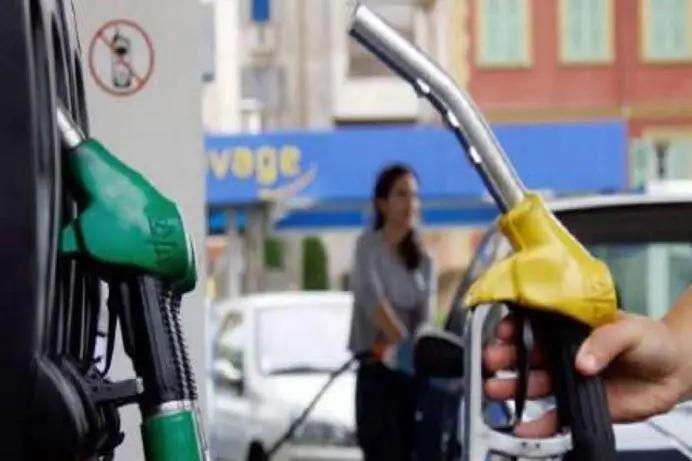
Title: Ethanol Blending will Lower Petrol Prices: NITI Aayog 2021 Report
As the Indian government continues to implement its ambitious plan to blend 20% ethanol in petrol, a report from NITI Aayog, the country’s premier policy think tank, has resurfaced, stating that this move will significantly lower petrol prices. The report, released in 2021, estimates that a successful ethanol blending program could save India a whopping ₹30,000 crore per year.
The report’s findings have sparked debate among industry experts and policymakers, with some questioning the feasibility and impact of the government’s plan. However, the report’s predictions are based on tangible data and statistics, making it a crucial document in understanding the potential benefits of ethanol blending in the country.
According to the report, the use of ethanol in petrol, also known as E20, could lead to a reduction in fuel prices by reducing the demand for crude oil. This, in turn, would result in a significant reduction in the country’s fuel import bill. The report estimates that the savings could be as high as ₹30,000 crore per year, which is a substantial amount considering the country’s massive fuel import bill.
Another significant benefit of ethanol blending, as highlighted in the report, is the reduction in greenhouse gas emissions. Ethanol is a biofuel derived from agricultural waste, such as sugarcane and corn, and its production is considered more environmentally friendly than traditional fossil fuels. The report estimates that the use of E20 could reduce carbon emissions by up to 20%.
The report also highlights the potential for job creation and economic growth in the rural areas where ethanol is produced. The production of ethanol requires a significant amount of agricultural waste, which is often wasted or burnt, resulting in air pollution and environmental degradation. By promoting the production of ethanol, the government can create jobs and stimulate economic growth in rural areas, which is critical for the country’s overall development.
However, the report also acknowledges some potential drawbacks of ethanol blending. One of the significant concerns is the impact on fuel efficiency. The report estimates that the use of E20 could result in a loss of 6-7% fuel efficiency for 4-wheelers originally designed for E0 (petrol) and calibrated for E10 (10% ethanol blend). This could lead to increased fuel consumption and higher costs for consumers.
Despite these concerns, the report’s findings are significant, and the government’s plan to blend 20% ethanol in petrol is a step in the right direction. The use of ethanol in petrol is a viable alternative to traditional fossil fuels, and its production can be done in a sustainable and environmentally friendly manner.
In conclusion, NITI Aayog’s 2021 report provides valuable insights into the potential benefits of ethanol blending in the country. While there are some concerns about fuel efficiency and the potential drawbacks of the plan, the report’s findings are significant, and the government’s plan to blend 20% ethanol in petrol is a crucial step towards reducing fuel prices and promoting sustainable development.






